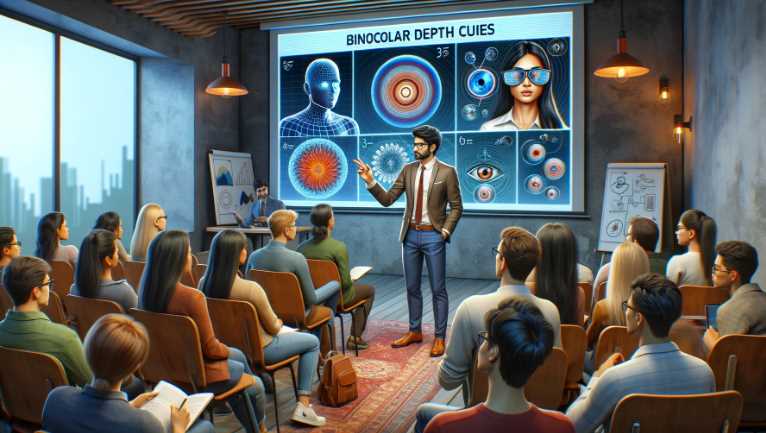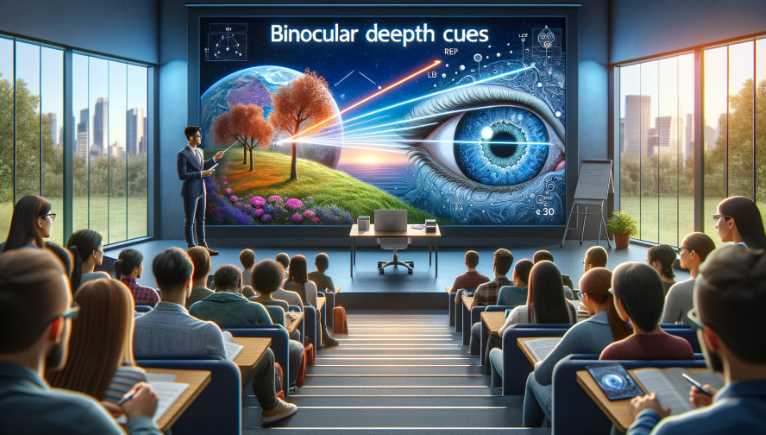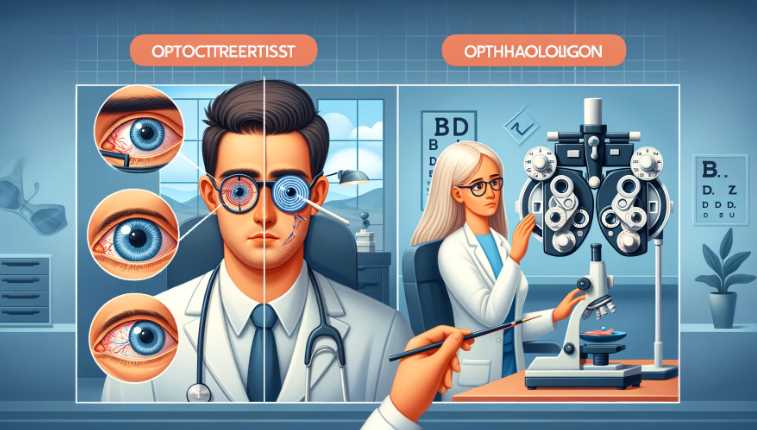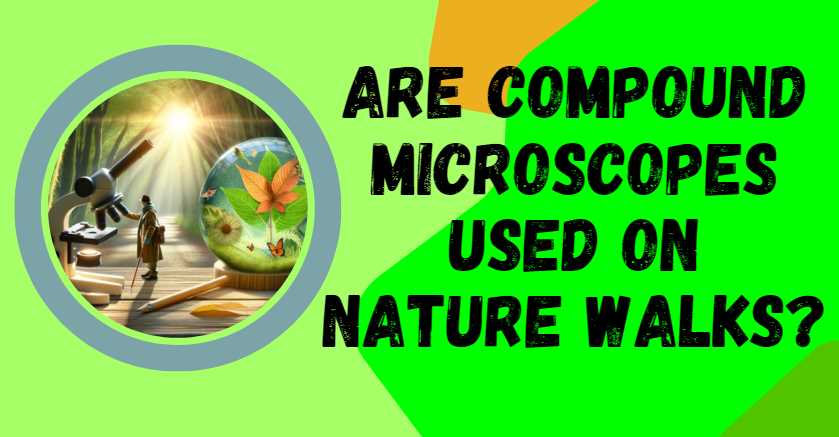10 Tips To Keep Binoculars From Fogging Up? (Video Explained)
To prevent binoculars from fogging, store them in an airtight container with desiccant packets, keep them at ambient temperature, and avoid sudden temperature changes. Additionally, use an anti-fogging solution on the lenses. Binoculars can fog up when warm, moist air comes into contact with the cold lenses, causing condensation. To prevent this, follow these steps: […]
10 Tips To Keep Binoculars From Fogging Up? (Video Explained) Read More »









